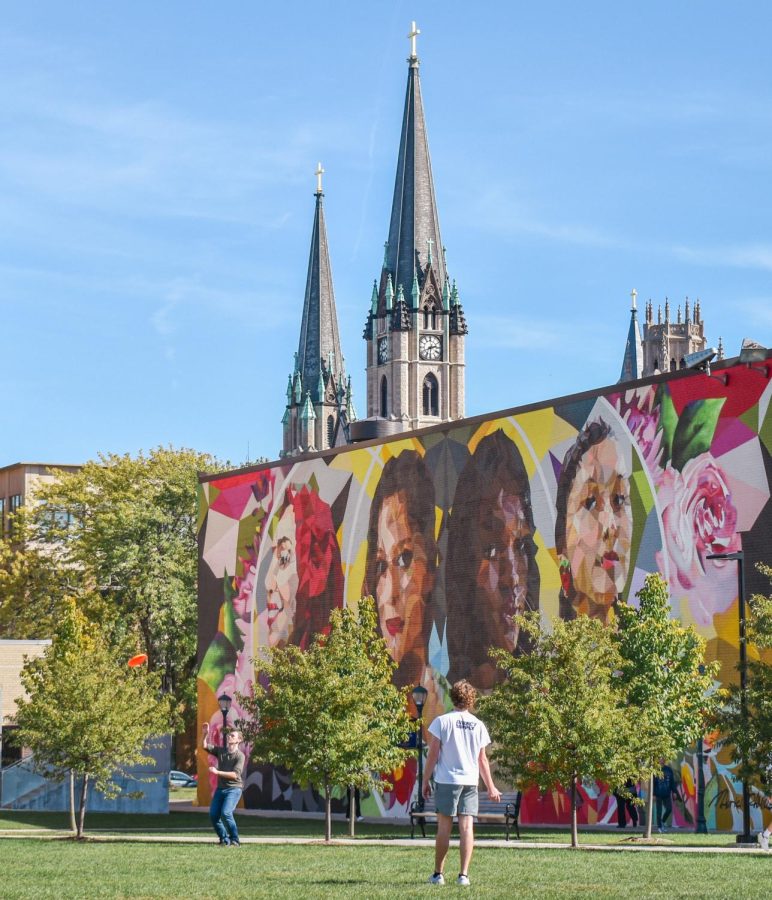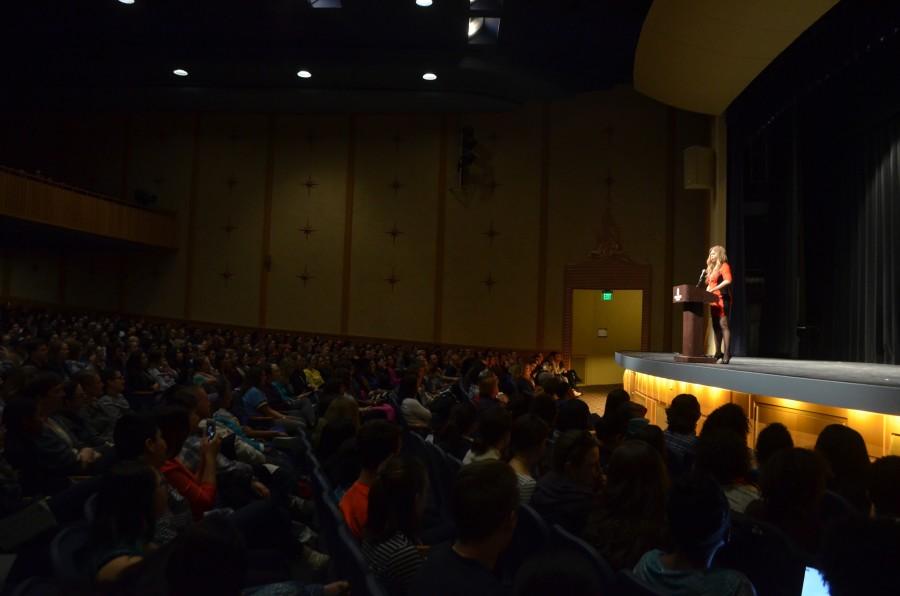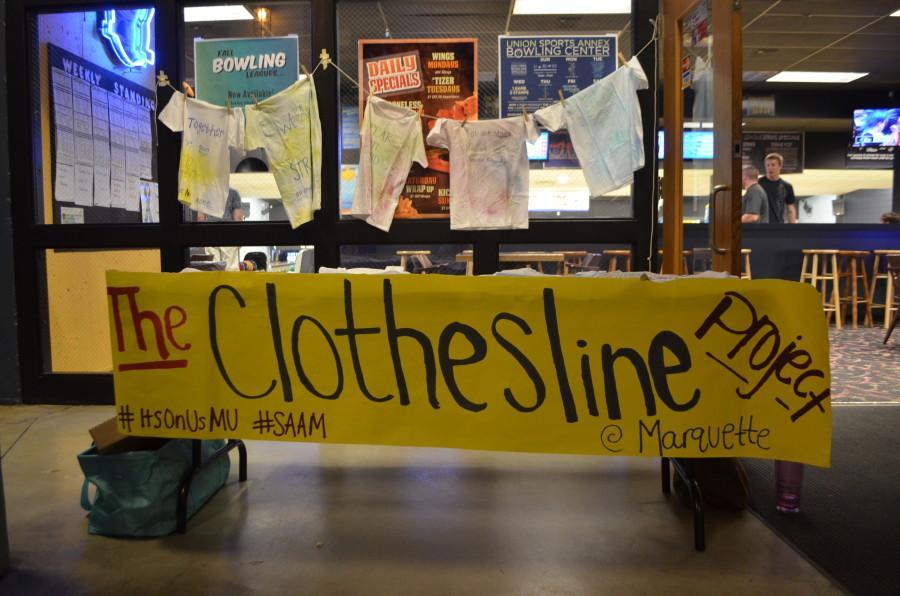 “Justice is love in public.” This line is from actress Laverne Cox’ talk on campus last Thursday, and it really set the tone for her speech, which focused on social inclusion.
“Justice is love in public.” This line is from actress Laverne Cox’ talk on campus last Thursday, and it really set the tone for her speech, which focused on social inclusion.
While Cox addressed her struggles as a transgender African-American woman, she spoke on many topics related to justice issues, which made her speech more relatable to Marquette students and people from all walks of life.
Her meaning behind the quote “justice being love in public” alludes to how seeking justice for marginalized communities means showing love through acts of acceptance and care. Cox spoke about how justice can be demonstrated for the transgender community in small ways, like having gender-neutral bathrooms. Such small gestures may seem remote, but they can lead to larger, more inclusive change.
Relating this point to our own campus and considering the possible changes that could follow the results of February’s climate survey, small changes are really what make a difference and lead to larger change.
Cox, who portrays transgender Sophia Burset on the hugely successful Netflix show “Orange is the New Black,” surprisingly spoke very little about her success on the show. Her main focus was truly being a voice and role model for those struggling with their differences, however they are presented.
Her success as a transgender African-American woman is inspiring for many who share some of her experiences with gender and even those who do not. Her emphasis on her struggles more than her successes really humanized her and put the audience at ease. It seemed evident that Cox’ struggles contributed to her later and continued success.
Most people can relate to some of her struggles, as we all deal with being different in some way. Embracing one’s differences is something our society both teaches and suppresses. Individuality is celebrated until it makes people uncomfortable or until stereotypes get in the way. Society has an unrealistic concept of normalcy; if someone deviates from that expectation, problems may arise. For example, Cox recalled how she was plagued with homophobic slurs when she was younger despite not identifying as gay. Society sometimes uses stereotypes to label individuals, even if they are superficial and inaccurate.
Cox discussed her experiences with humor, but she also mentioned how individuals often hide behind humor when discussing painful topics. This was a main takeaway for me because this is something many do not understand. People often interpret humor with not caring or failing to accept reality, rather than the opposite of coping and accepting. I know I use humor to make others feel more comfortable with my situation when my differences can get in the way.
Laverne Cox was both powerful and relatable, presenting her story through humor and showing how difference can be a struggle as well as a strength.




